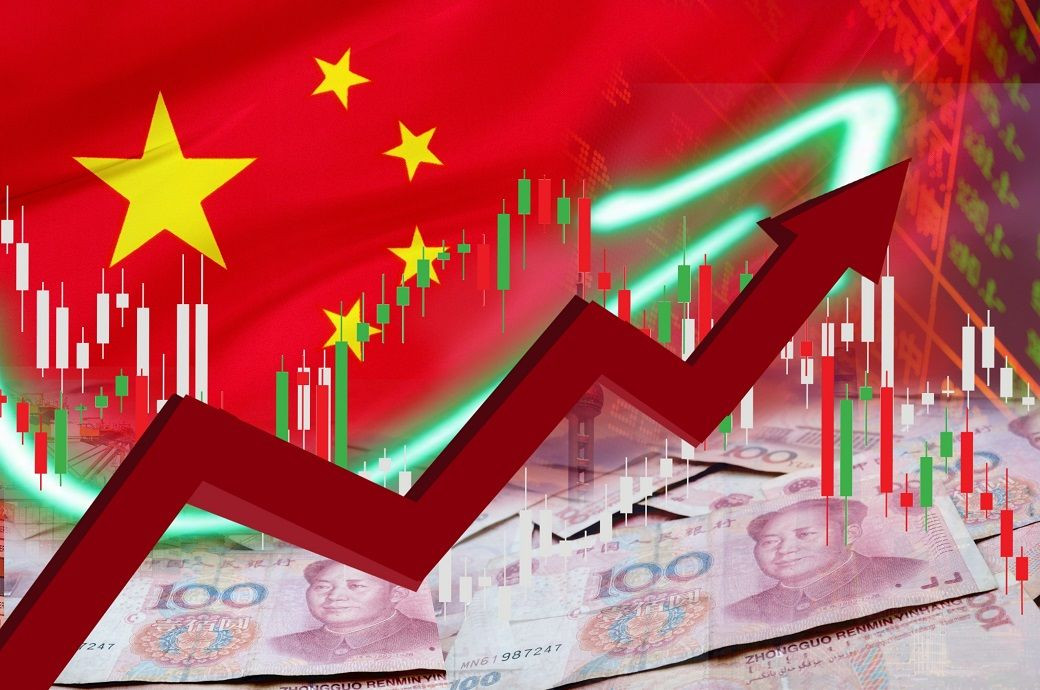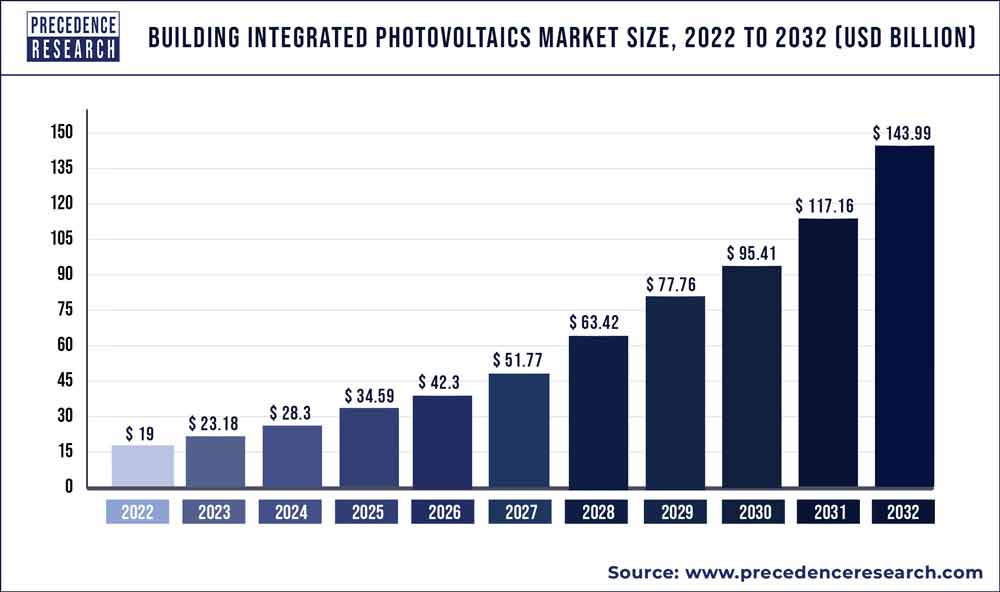China's Economic Slowdown: A Looming 2025 Challenge?
China's economic engine, once a symbol of relentless growth, is showing signs of sputtering. The country's GDP growth has decelerated in recent quarters, prompting concerns about the global economic outlook and the potential for ripple effects across international markets. While China remains a significant global player, the current economic climate presents unique challenges and necessitates a deeper examination of the contributing factors and potential consequences.
Understanding the Deceleration
Several intertwined factors contribute to the slowdown. The property sector, a major driver of Chinese economic activity, has experienced a significant downturn. Over-leveraged developers, burdened by high debt levels, have faced increasing difficulties completing projects, leading to widespread uncertainty and impacting consumer and investor confidence. The strict “zero-COVID” policy, though recently abandoned, left a lasting impact on supply chains, consumer spending, and overall economic activity. Analysts point to these intertwined factors, as well as a global economic slowdown and the ongoing geopolitical tensions, as key elements driving the decreased GDP growth.
The Impact on Global Markets
The slowdown in China's economy sends ripples across the globe. As the world's second-largest economy and a major trading partner for numerous countries, any significant downturn can have far-reaching consequences. Reduced demand for imports from other nations affects their economic performance, while disruptions in global supply chains exacerbate already existing inflationary pressures. This interconnectedness necessitates a proactive and coordinated global response to mitigate the risks posed by China's economic challenges.
The Property Market Crisis: A Deep Dive
The crisis in China's property market is arguably the most significant factor driving the broader economic slowdown. The sector's contribution to GDP, employment, and overall economic activity is substantial. The collapse of several major real estate developers, triggered by high levels of debt and dwindling consumer confidence, highlighted the systemic vulnerabilities within the industry. The government's response, involving policy interventions and bailout attempts, has not yet fully stabilized the market, leading to continued uncertainty and impacting investor sentiment.
Navigating the Debt Burden
The mountain of debt accumulated by Chinese property developers poses a significant challenge. The government's efforts to address this issue have been gradual, focusing on preventing a systemic collapse while attempting to re-establish financial stability and restoring investor confidence. The scale and complexity of this challenge make a swift resolution unlikely, meaning the property sector’s struggles could linger.
The Road Ahead: Potential solutions and forecasts
Experts offer varying perspectives on China's economic trajectory. Some analysts remain cautiously optimistic, citing the government's substantial policy levers and the country's resilience in overcoming past economic challenges. Others express stronger concerns, pointing to the deep-seated structural problems and the potential for further instability. The International Monetary Fund (IMF), for instance, recently lowered its growth forecast for China, highlighting the ongoing uncertainties and the need for proactive policy responses. The consensus is that 2025 will be a challenging year, demanding strategic policy adjustments and structural reforms.
Policy Responses and Structural Reforms
The Chinese government faces the monumental task of navigating its way out of this economic slowdown. This will require a combination of short-term measures aimed at stabilizing the economy and long-term structural reforms aimed at boosting sustainable growth. The focus will likely include stimulating domestic demand, bolstering the financial sector, implementing targeted stimulus packages, and addressing issues of inequality and over-reliance on the property sector. Successfully navigating this period will necessitate a deft balance between short-term interventions and longer-term goals for sustainable economic development.
A Turning Point or a Temporary Blip?
The question remains: is this a temporary setback or a turning point for China's economic dominance? The coming year will be crucial in determining the trajectory of the world's second-largest economy. The effectiveness of government interventions, the response of global markets, and the resilience of the Chinese consumer will all play pivotal roles in shaping the future landscape. The challenges are considerable, but China's history shows its capacity to adapt and overcome. The world watches with bated breath to see whether 2025 marks a moment of adjustment or the start of a longer-term shift in global economic power dynamics. The next steps taken by the government and the responses from global investors will have a huge influence over future market trends.

















